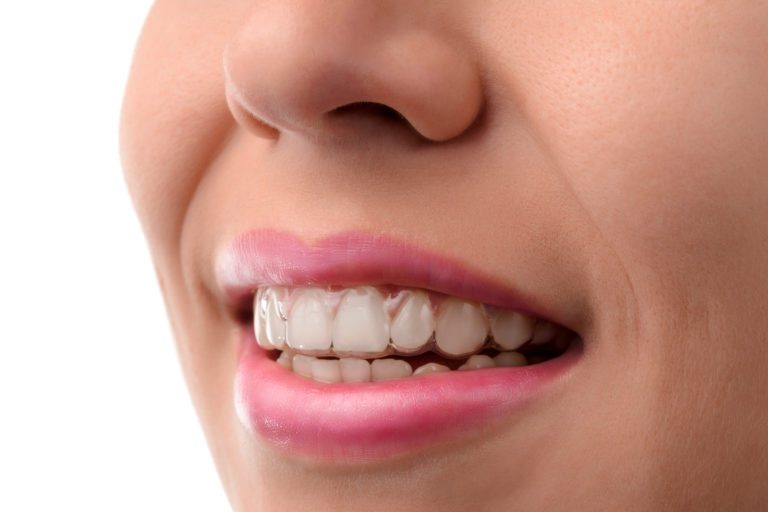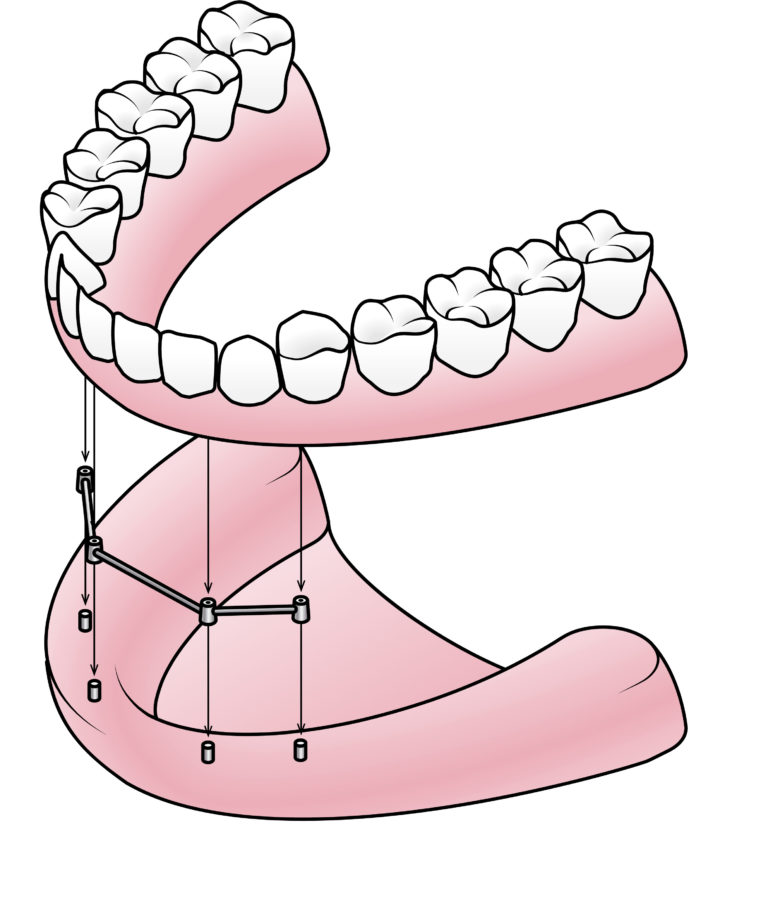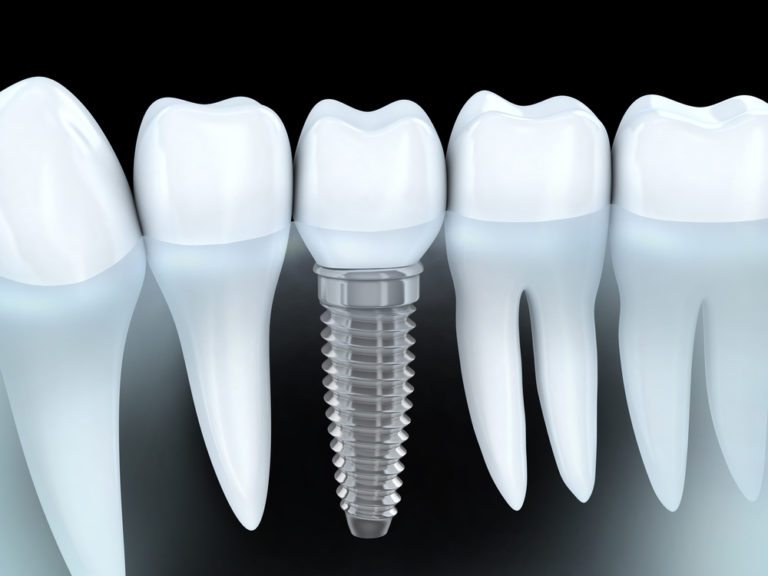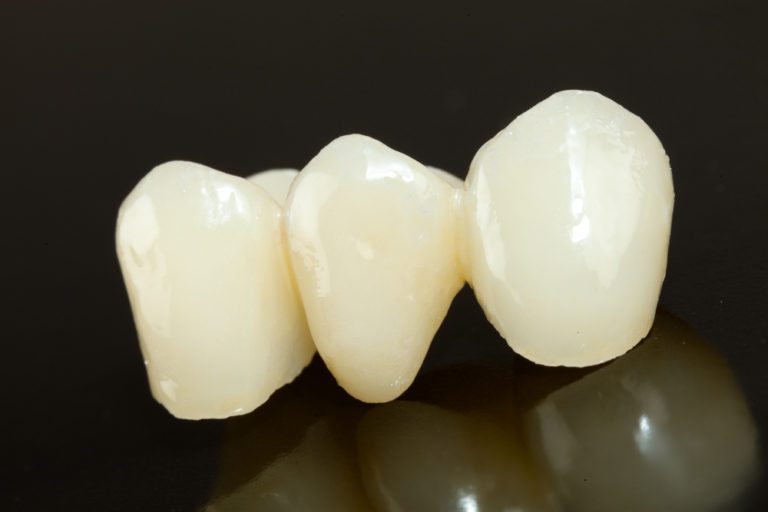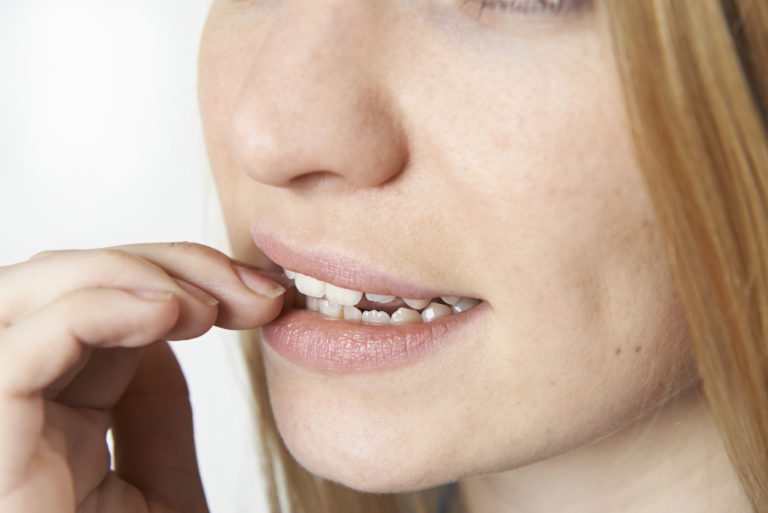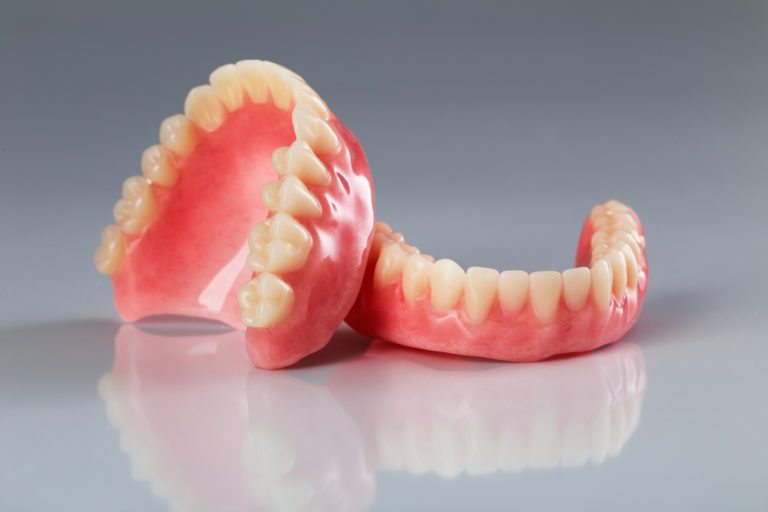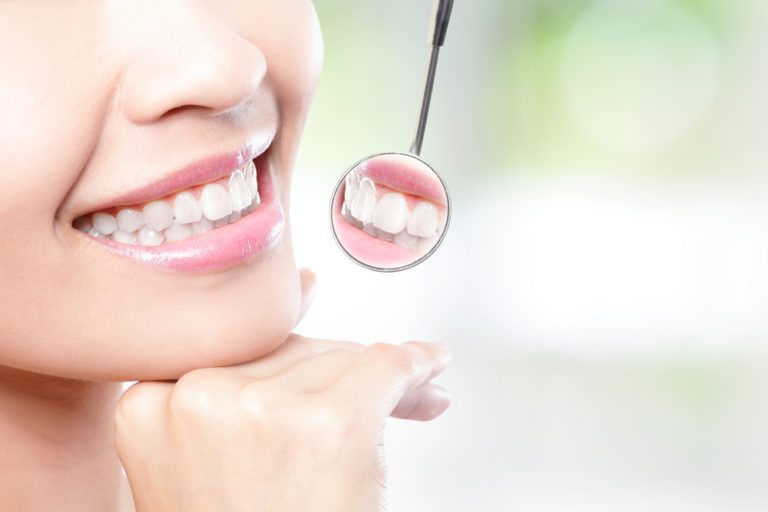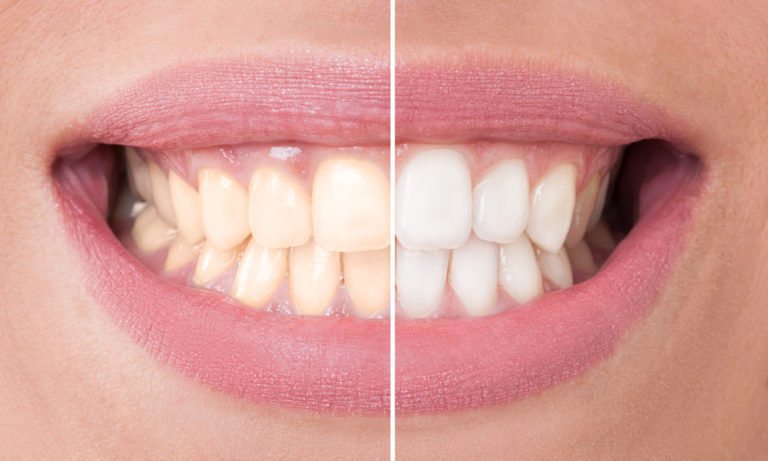Removable Complete Denture
Removable Overdenture With Attachment
Fixed Bridge
Snap-On-Smile
Prosthodontic Treatment
A prosthodontist performs reconstructive and cosmetic dental treatments that are designed to enhance the appearance and functionality of the teeth. A person who undergoes prosthodontic treatment will typically experience long-lasting results that look natural and restore the patient’s ability to chew and speak normally.Continue reading
All on 4 Implant Therapy
All-on-4 implants are revolutionizing the way dentists replace missing teeth. For years, patients have been choosing dental implants as permanent tooth prosthetics. But instead of placing as many as 10 implants into the gums for traditional dental implants, all-on-4 implant therapy makes it possible to secure all of the teeth to just four dental implants. Unlike traditional implants, which are placed vertically, all-on-4 implants are placed at an angle, which increases their strength and allows them to better support multiple prosthetics. The benefits of all-on-4 implants are significant, including a faster single-visit implant placement process that is minimally invasive and usually prevents the need for bone grafting.
Did you know…
that all-on-4 dental implants are placed while you are fully sedated? That means that you will have little or no memory of the procedure; and because there are fewer implants, you are also likely to experience an easier recovery period. When you choose all-on-4 implants to replace your missing or damaged teeth, you will gain a permanent, non-removable solution that looks and functions like a real tooth. In many cases, all-on-4 implants can last for several decades, or even a lifetime.
Frequently Asked Questions
Am I a candidate for all-on-4 implants?
You may be a candidate for all-on-4 dental implants if all or nearly all of your teeth are missing or badly damaged. Implants placed early after tooth loss can help prevent bone atrophy and also reduces the need for bone grafting. To find out more about all-on-4 dental implants, schedule a consultation with your dentist.
What should I expect if I get all-on-4 dental implants?
Your damaged teeth will be extracted to make room for your new implants. When the time comes to place your implants, you will be asked to avoid eating and drinking the night before and day of your procedure, as you will be fully sedated for its duration. A minimum of four implants will be strategically placed into the supporting bone beneath your gums. The gums will be sutured closed to allow the implants time to fuse with bone and heal. Several months later, you will return to have your tooth prosthetics secured to the implants where they will remain permanently.
Will I need to follow any special care instructions after I get all-on-4 implants?
Dental implants have a very high success rate, but there are some special care instructions you will need to follow after having them placed. It is normal to experience some pain and swelling after your procedure, though you may treat discomfort with over the counter medications or pain medications prescribed by your dentist. You may also need to rinse the treated area with a special solution several times each day and avoid using a straw. You may also be provided with an antibiotic and a list of temporary diet restrictions that will help you prevent infection.
Dental Implants
Dental implants are surgical-grade root devices that support permanent tooth prosthetics that are manufactured to last a lifetime. These artificial roots are anchored in the bone beneath the gums where they become fused into the jaw. A crown is mounted atop the implant for a long-lasting and natural looking smile. Many dentists and patients prefer dental implants because they offer the same function as natural teeth and also help prevent bone atrophy in the jaw. Dental implants may be used to replace a single missing or damaged tooth or to restore an entire smile.
Did you know…
that approximately 30 million people live with no natural teeth in one or both jaws? But more and more dental patients are opting for dental implants as a means of tooth replacement. The American Academy of Implant Dentistry reports that 3 million people currently have dental implants – a number that is rapidly growing by about 500,000 per year. Modern titanium implants were first developed in the 1950’s, but archeologists have determined that ancient Egyptians and Mayans were the first cultures to implant artificial teeth.
Frequently Asked Questions
Are dental implants right for me?
You may qualify for dental implants if you have missing, broken or severely decayed teeth and are in relatively good overall health. The only way of determining your eligibility for implants is to consult with an oral care provider to identify whether you have adequate bone support and healthy gums that will support the new tooth structure.
What should I expect if my dentist and I decide dental implants are right for me?
The placement of dental implants is a multi-step process that typically takes between 6 and 9 months to complete. It begins with a surgical procedure during which a titanium rod is placed where a previous natural tooth root once was. The gums are sutured shut over the implant, where is will stay for several months while it heals and begins fusing with the surrounding bone. Due to the nature of implant placement and its average procedure time of between 1 and 2 hours, you’ll be sedated and/or anesthetized for the duration of the treatment. At the conclusion of the healing period, you’ll return to be fitted for permanent crowns and have them placed.
What type of post-treatment care will I require?
It is normal to experience some discomfort, including bruising and swelling following a dental implant procedure. However, inflammation and pain may be managed with over-the-counter medications, hydrocodone, or codeine. You may be asked to eat only soft foods for approximately 2 weeks until the surgical site heals.
Crowns & Bridges
Dental crowns and bridges are custom-fitted tooth prosthetics that are used to replace or restore damaged or missing teeth. Crowns – also known as caps – are fixed over the surfaces of natural tooth structures or dental implants. Bridges are used to fill in the gaps left by missing teeth and are anchored in place by the natural teeth or crowns nearest the empty space. Both crowns and bridges are non-removable and must be cemented in place by a licensed dentist. Patients who get crown or bridges to restore their smiles achieve both the function and appearance of natural, healthy teeth.

Did you know…
that the Etruscan civilization were the first to use crowns as a means of restoring damaged teeth? In fact, the materials they used – ivory, gold, and bones – were still the standard in dentistry as recently as the 20th century, when porcelain crowns were first invented. Today, crowns and bridges are customized specifically for the patient’s bite and can usually be placed in as little as one or two dental visits. With proper cleaning and regular dental check-ups, crowns and bridges can last many years, or even a lifetime.
Frequently Asked Questions
Is a crown or bridge right for me?
If you have a tooth that is damaged or decayed, but still intact, a dental crown may be right for you. If your tooth is missing, but its former position is surrounded by other tooth structures, a bridge may be the solution for you. Schedule an office consultation to determine whether you could benefit from crowns or bridges.
What should I expect when I have my crown or bridge placed?
If you are a candidate for a crown or bridge, your teeth will be reduced to ensure a proper fit. An impression will then be taken of your bite and used to fabricate a mold for the crown or bridge. If you are choosing porcelain prosthesis, its color will be matched to the natural shade of your other teeth. If a dental lab is making your crown or bridge, you may be fitted with a temporary restoration until the permanent one is ready for placement.
Do I need to follow any post-treatment care guidelines?
Your teeth will need time to heal following the crown and bridge placement process, so it is normal for you to experience some sensitivity – especially to hot and cold. Additionally, you may experience soreness in the gums surrounding your restorations, though this is usually manageable with ibuprofen and should subside within a few days.
Bite Problems
Dentures
Millions of people have lost all of their natural teeth, leaving most looking for tooth replacement solutions. Of them, many turn to dentures, which remain one of the most common and affordable dental prosthetics used in modern dentistry. If dentures are a part of your practice, make sure you only use a dental lab you can rely on for quality production, quick turnaround, and an accurate fit.
Simply extract any damaged or decayed teeth that remain in a patient’s mouth, and take an impression of the patient’s gum line and the roof of his or her mouth. Then, send the results to our lab for the fabrication process. We will have your patient’s new dentures completed and returned to you for fitting as quickly as possible.
Premium Denture Technology
We are always learning about new technology and techniques for creating highly functional and more attractive dentures. There are many different materials that can be used to fabricate dentures, and we do our best to ensure a natural look and fit. All of our dentures are made with the patient’s individual anatomy in mind. We never compromise quality for value, because there is no acceptable way to cut corners when it comes to your patients’ quality of life. We aim to create dentures that look and feel as natural as possible, allowing patients the confidence to speak clearly and eat with greater confidence.
When you choose our lab for your denture fabrication needs, you are choosing to work with a team of technicians and professionals who are committed to the highest standards of service and accuracy. We work hard to stay at the forefront of restorative dental technology and help lead the industry in efficiency and reliability. Practices that work with us learn to expect fast and dependable results, time after time.
Cosmetic Esthetic Dentistry
Lumineers
Modern dentistry has made it possible for everyone to enjoy a beautiful, white smile. Many patients choose Lumineers to achieve esthetic goals, as the entire procedure is painless, fast and easy. In fact, most patients get the smile they have always wanted in just two dental visits. Lumineers are very thin and customized patient-by-patient. Each unique set is created to bond directly to natural teeth, leaving as much of the natural tooth structure as possible. There is no pain or sensitivity following placement of Lumineers, and the results are proven to last for more than 20 years.
Did you know…
that Lumineers are less painful and much less invasive than getting veneers? Patients who get veneers are choosing an irreversible procedure that strips away a significant portion of the natural teeth. Patients require shots to be anesthetized, and many are left with pain and sensitivity. With Lumineers, there are no shots and no drills, and patients get to keep nearly all of their original teeth without having them reduced. What’s more is that Lumineers leave patients with a bright and beautiful smile in just two visits – without any post-treatment pain and sensitivity.
Frequently Asked Questions
Am I a candidate for Lumineers?
Lumineers can be used to treat teeth with gaps or teeth that are discolored, misshapen or otherwise cosmetically unappealing. If you wish you could change the imperfections in your teeth without damaging your natural teeth, Lumineers treatment could be right for you. Call your dentist for more information and to find out if Lumineers are the esthetic solution you’ve been looking for.
What should I expect if I decide to get Lumineers?
At your first visit, an impression will be taken of your teeth. That impression is used to fabricate Lumineers just for you. Your dentist will ask you to return at a later date, during which time he or she will carefully texturize the teeth in preparation for bonding. The Lumineers will then be bonded to the teeth using a curing light. You’ll walk out of your dental visit with the brand new smile you’ve always dreamed of having.
Are there any special instructions for caring for my new Lumineers?
Lumineers are made of very thin porcelain. Caring for them does not require a special diet, but it is recommended that wearers avoid biting down on hard objects, such as ice. Like natural teeth, Lumineers are also subject to staining; so avoid repetitious consumption of highly pigmented foods and beverages.
Teeth Whitening
Teeth whitening procedures are used to brighten the appearance of a patient’s smile – sometimes by as many as 5 to 10 shades in a single session. According to the American Dental Association, teeth whitening procedures have become some of the most popular esthetic dental treatments among patients throughout the country, including. Professional teeth whitening services can be performed in an office setting or prescribed for take-home use by a patient. In comparison to over-the-counter teeth whitening treatments, professional whitening uses stronger whitening agents that deliver faster and more effective results.
Did you know…
that the teeth naturally darken as we age? Furthermore, certain foods, beverages, medications and habits can contribute to a darker, yellowed, or stained smile. However, it is possible to erase years of stains in a single professional whitening session and sustain those results for many years with proper maintenance. According to the American Academy of Cosmetic Dentistry, professional whitening is best maintained by a combination of good oral care and take-home whitening treatments as recommended by your dentist.
Frequently Asked Questions
Am I a Candidate for Teeth Whitening?
You may be a candidate for professional teeth whitening if you are experiencing discoloration, but otherwise have healthy teeth and healthy gums. Schedule a consultation with a dentist to find out if tooth whitening could be right for you. Some patients, such as those who are pregnant or sensitive to whitening agents, may not be candidates for professional whitening.
What Should I Expect When I Get My Teeth Whitened?
Teeth whitening consists of a thorough cleaning and polishing of the teeth, with all debris carefully removed. Your dentist will then protect your gums before applying a whitening agent to the surface of your teeth. The product will be activated and left on the teeth for several minutes before being washed off with water. Your results will vary according to the natural shade of your teeth and degree of discoloration, but it is normal for patients to experience a lightening of several shades in a single visit.
What Type of Post-Treatment Care is Required After Having My Teeth Whitened?
It is normal to experience some tooth sensitivity following a professional whitening treatment. You may be instructed to avoid consuming highly pigmented beverages for at least 24 hours to prevent the teeth from becoming stained again. Examples include tea, coffee and wine. Depending on your results and long-term teeth whitening goals, you may also be sent home from your procedure with an at-home whitening kit for later use.

